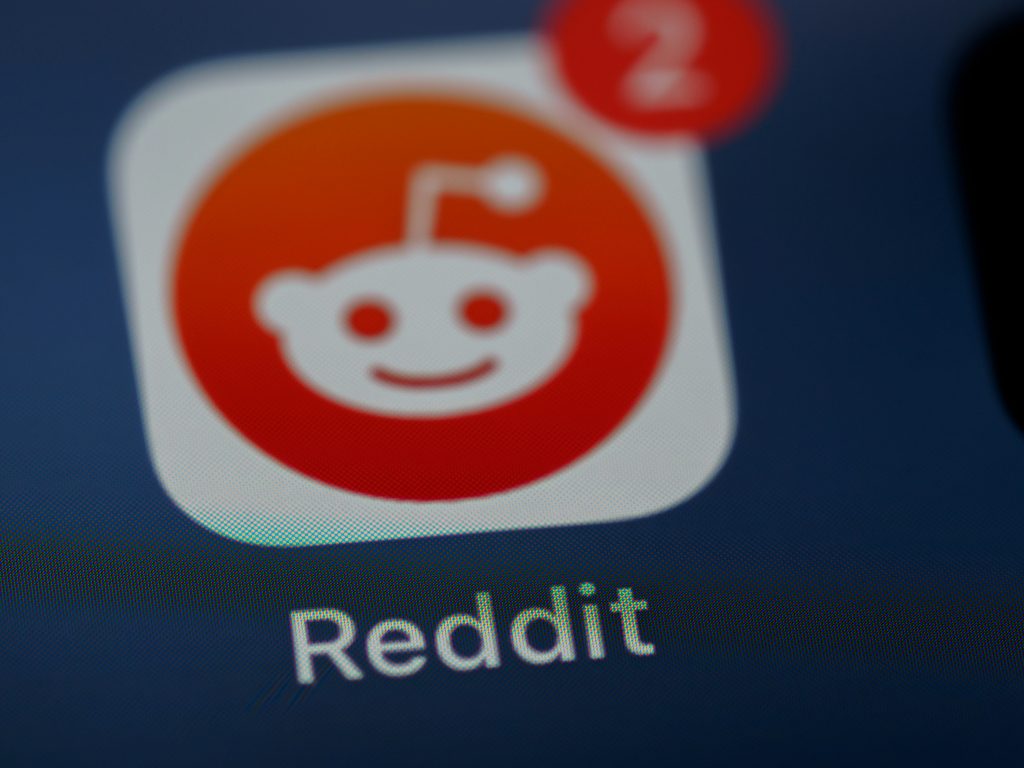Economic headwinds have forced the hand of many consumer tech brands to refocus their strategies to ensure they can deliver shareholder value, or even simply remain viable. At the same time, recent “shock” rises in inflation are hitting consumers hard, potentially creating a lose-lose scenario.
The music industry is also undergoing a significant transformation. Publishers, labels, technology providers and artists alike are re-evaluating a model that has sat in place since the advent of streaming.
This ties together several important themes all coming to a head at this moment in time—how much listeners value music, how artists can be paid more fairly, and what other revenue models exist. There are no easy answers to these questions, but DSPs and the industry as a whole have come to one short-term conclusion — that people need to pay more for the music they listen to.
At a time when the money in streaming users’ pockets has to go further, the music industry—via streaming services—is having to compete not just against other forms of entertainment such as on-demand or streamed TV, but against the basics: food, rent, mortgages and clothing. This makes rising prices further a bitter pill to swallow for many listeners. Streaming services risk losing subscribers; the music industry thus risk losing more income.
From a communications perspective, this makes for a very hard brief: listeners are used to having paid basically the same amount for their music for 15 years, and there are psychological barriers to overcome ($9.99 is much more palatable than $10.99 or more). Streaming services and the industry alike must use communications to reverse an unwitting trend that has had more than a decade to establish itself: the commoditization of music.
Here, music is at a major disadvantage. Looking across the entertainment spectrum, we can see that sport can leverage spectacle to draw audiences and control high prices; streaming TV and movies can harness exclusives to draw audiences in and keep them engaged.
Communicators must thus focus on the value that music brings to our lives. It’s not just the background noise to our commutes, but a vital way we can express our feelings, our lives, and something we develop communities around. We need to change the psychology around consumption, and take listeners on a journey and educate them as to why music is worth more.
This cannot be done in isolation. Like any work to change behaviors around pricing, it must be accompanied by an upgrade in product. The music industry in tandem with DSPs are already doing the work in the background—whether that is on new economic models, or new ways to monetise the relationship between artist and fan. But us communicators must set the stage first, and now is the time.
How the industry as a whole responds to this will be key for the future of music, and not just from the side of consumption. Behavior change is never easy. But in this climate, it is a necessity.
If this resonates, or even if you would just like the therapy of a conversation, get in touch today.





